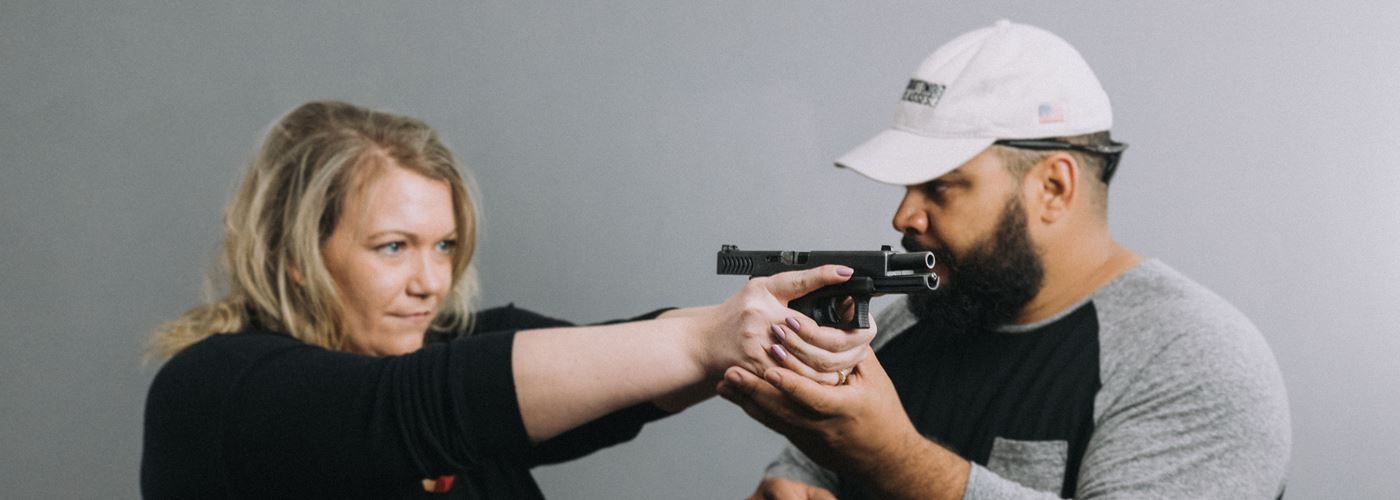
Training is an ongoing process of learning that takes time to build. In a critical situation, you will always fall back to your lowest level of training. Keep improving your skills by training with a good firearms instructor that fits your needs.
There are three things I consider when choosing a firearms instructor: pricing, quality and experience. Why do I put these at the top of my list? Let’s break it down.
Pricing
Once I have determined the type of firearms training I’m interested in, I want to know what I will be getting in return for what I will be paying. Not all instructors price their courses based on their actual value to students. Do not assume that an instructor charging a premium price for their course means you will get premium training.
I review the instructor’s course description and the topics covered to make sure it will meet my training needs. At that point, I can better evaluate other considerations for the value of the price charged.
Quality
Once I know what’s going to be covered in the class, I want to know more about the instructor. Knowing their background is the biggest factor for me. They could be a civilian with no prior training or certifications. They could be a certified NRA pistol instructor who has received formal training to instruct others and continues their education by attending courses every few months. Or, they could be a military veteran with combat experience. The training an instructor has had will influence how they teach and what you learn. Make sure they have the appropriate background to fit the needs of your training.
Experience
Understanding the instructor’s background gives me insight as to how the learning experience might go. An instructor must have experience, but more experience does not necessarily equate with better quality teaching. Think of it this way: Great athletes don’t always make great coaches, and great coaches were not always great athletes.
If I have never trained with an instructor, I like to talk to students who have trained with them to get their thoughts on the instructor and the course’s value.
These three factors can be covered by simply making a call to the instructor, introducing yourself and letting the instructor know that you are interested in taking one of their courses. Share your training and background and what your expectations are for the course. Confirm with them that your needs are in line with what will be taught.
Training Tips
Whether you’re training with a new instructor or switching up the type of course you take, the following tips can help you make the most of your training.
- Leave your ego at the door
- Participate with an open mind
- Be willing to learn different ways of doing things
- Ask questions when you don’t understand
- Take notes: mental notes are good, but also write things down
- Be respectful of others in the class
- Make it a point to practice what you just learned
Finally, the best tip of all is to never stop training. This goes back to what I said in the beginning – training is an ongoing process of learning. You can never be done. So, make sure you find the best instructors for what you want to learn.
ShootingClassees.com is my go-to when travelling or looking for specific courses. I can quickly find instructors and review their background, credentials and years of experience. I can also view all of the courses and curriculums they teach.
Now that you know what to look for in an instructor, you might be wondering: “Where can I find firearm classes near me?” Search for a firearms training course near you.
